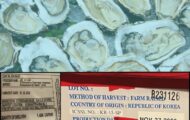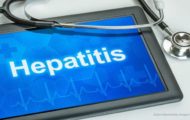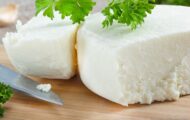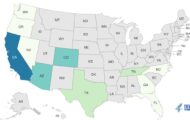Dr. Jonathan Schoenfeld of the Harvard School of Public Health has published a new study in the American Journal of Clinical Nutrition that says trials have failed to find effects for observational studies that link foods with cancer. Everything from low fat salad dressing to celery, olives, and sugar has been linked to cancer development in observational studies.
 The scientists chose 50 random ingredients from the Boston Cooking-School Cook Book then searched each ingredient to find associations with cancer risk in medical literature. They found that 40 foods, including flour, coffee, butter, sugar, peas, duck, tomatoes, lemons, onions, carrots, parsley, lobster, veal, cinnamon, and mustard, had been studied as being possible carcinogens. The ten that were not studied were uncommon ingredients.
The scientists chose 50 random ingredients from the Boston Cooking-School Cook Book then searched each ingredient to find associations with cancer risk in medical literature. They found that 40 foods, including flour, coffee, butter, sugar, peas, duck, tomatoes, lemons, onions, carrots, parsley, lobster, veal, cinnamon, and mustard, had been studied as being possible carcinogens. The ten that were not studied were uncommon ingredients.
The papers written about the carcinogenic properties of these foods were analyzed, including statistical significance and how each food actually increased cancer risk. Most of the reports found no valid medical pattern. In fact, 75% of the risk estimates had “weak or no statistical significance”. The full text of the study usually presented more conservative results than the study abstract.
In other words, one individual study that finds a link with cancer is usually difficult to repeat. More than one valid peer-reviewed study is needed before a conclusion about cancer causation can be reached.




